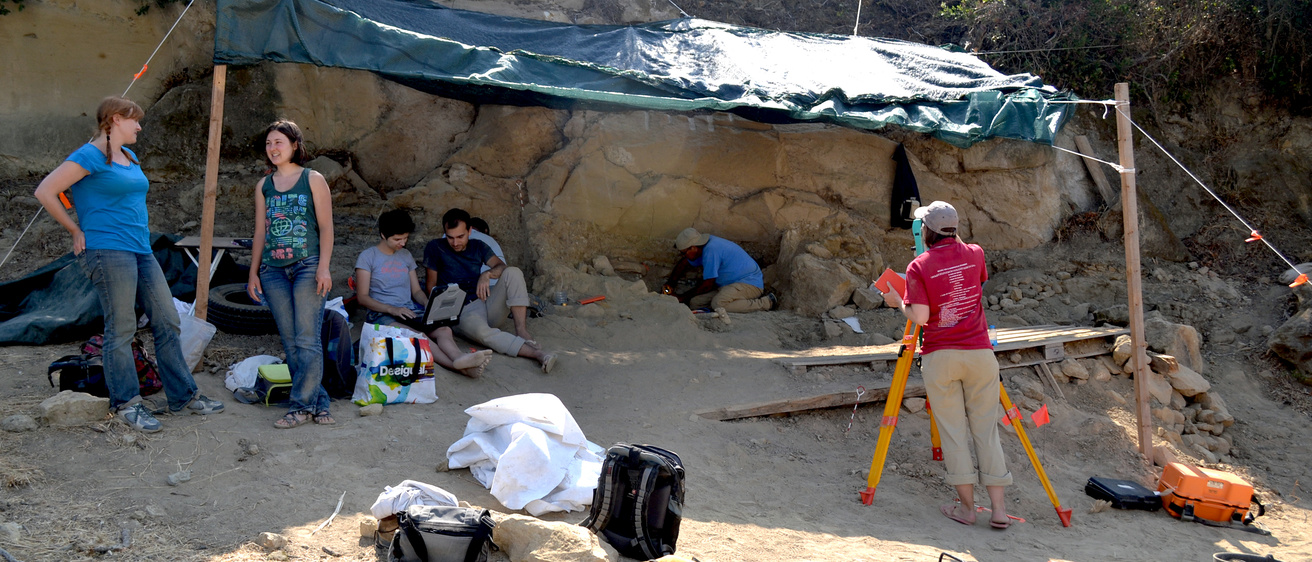Main navigation
Gain professional-level skills in conducting independent research
The Department of Anthropology grants both MA and PhD degrees in anthropology. Most of our students enter the PhD program, and are awarded an MA after fulfilling program requirements at the end of their second year. We also work closely with faculty and staff from the Office of the State Archaeologist.
Explore graduate programs
Why study anthropology at Iowa?
Our graduates go on to work at universities, colleges, museums, and a diverse range of governmental and non-governmental agencies. For more information and examples, see graduate careers and opportunities. Our PhD graduates have an 83% placement rate in academic jobs.
Topical and geographic strengths in the Department of Anthropology include cultural evolution, cultural politics, environmental anthropology, European archaeology, feminist anthropology & sexuality studies, medical anthropology, paleoanthropology, science & technology studies, and Asian studies.
Our faculty work within and across the discipline’s four subfields, and conduct both localized and multi-sited research at locations around the globe--including East, South, and Southeast Asia; Europe; southern Africa; North America (especially the U.S. & Mexico); South America; and the Pacific (especially Hawai’i and New Zealand).
